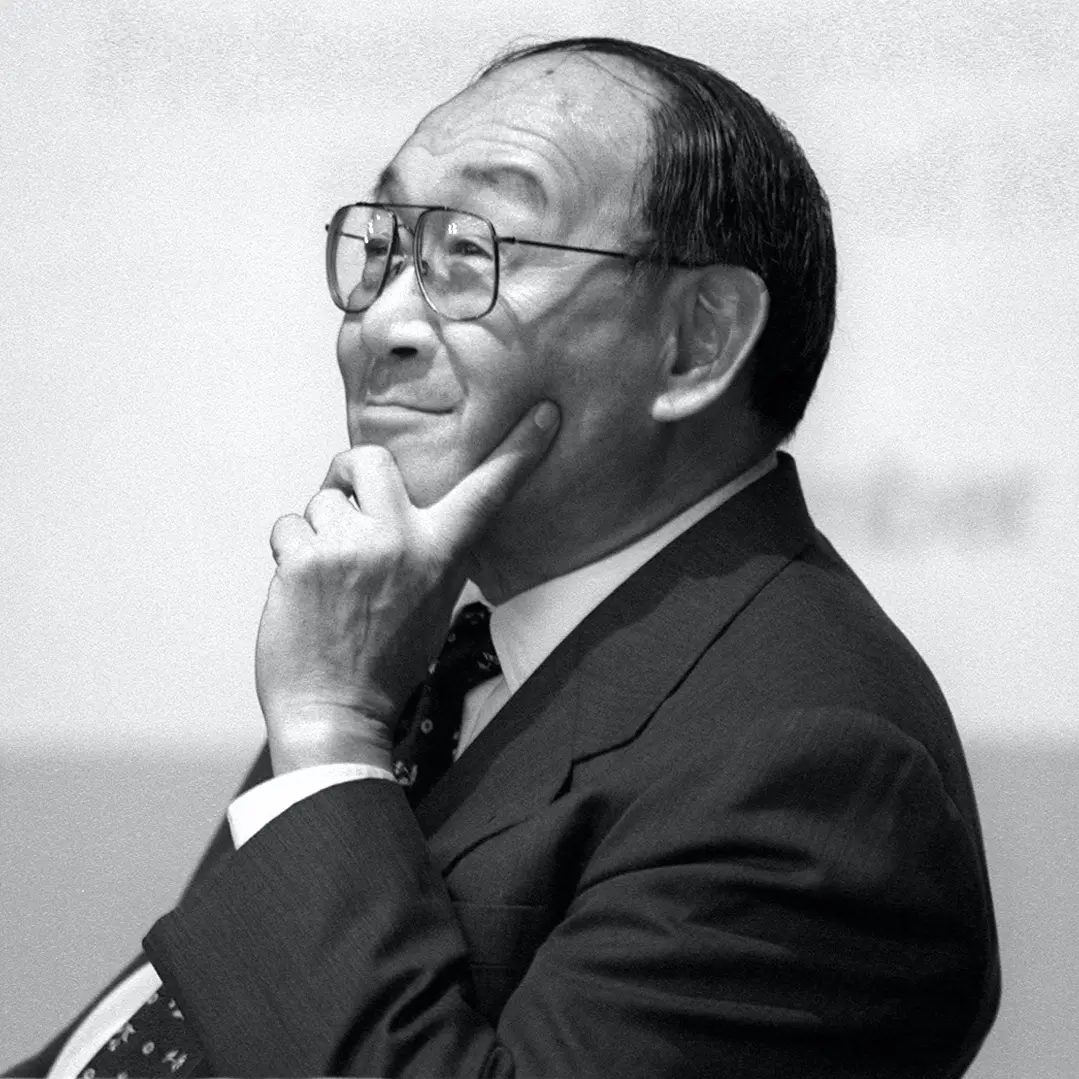


12 February 2015
13 September 2012
12 January 2012
8 September 2011
9 September 2010
10 September 2009
8 January 2009
9 August 2007
8 November 2006
11 November 2004
11 December 2003
20 November 2003
17 January 2002
13 September 2001
12 April 2001
17 February 2000
19 August 1999
15 April 1999
14 October 1998
14 May 1998
11 December 1997
17 April 1997
11 September 1996
16 February 1996
7 December 1995
9 March 1995
9 September 1993
11 February 1993
9 May 1991
11 October 1990
8 June 1989
9 February 1989
11 February 1988
1 October 1987
5 December 1985
1 December 1983
28 January 1982
24 April 1980
26 July 1979
25 May 1978
26 January 1978